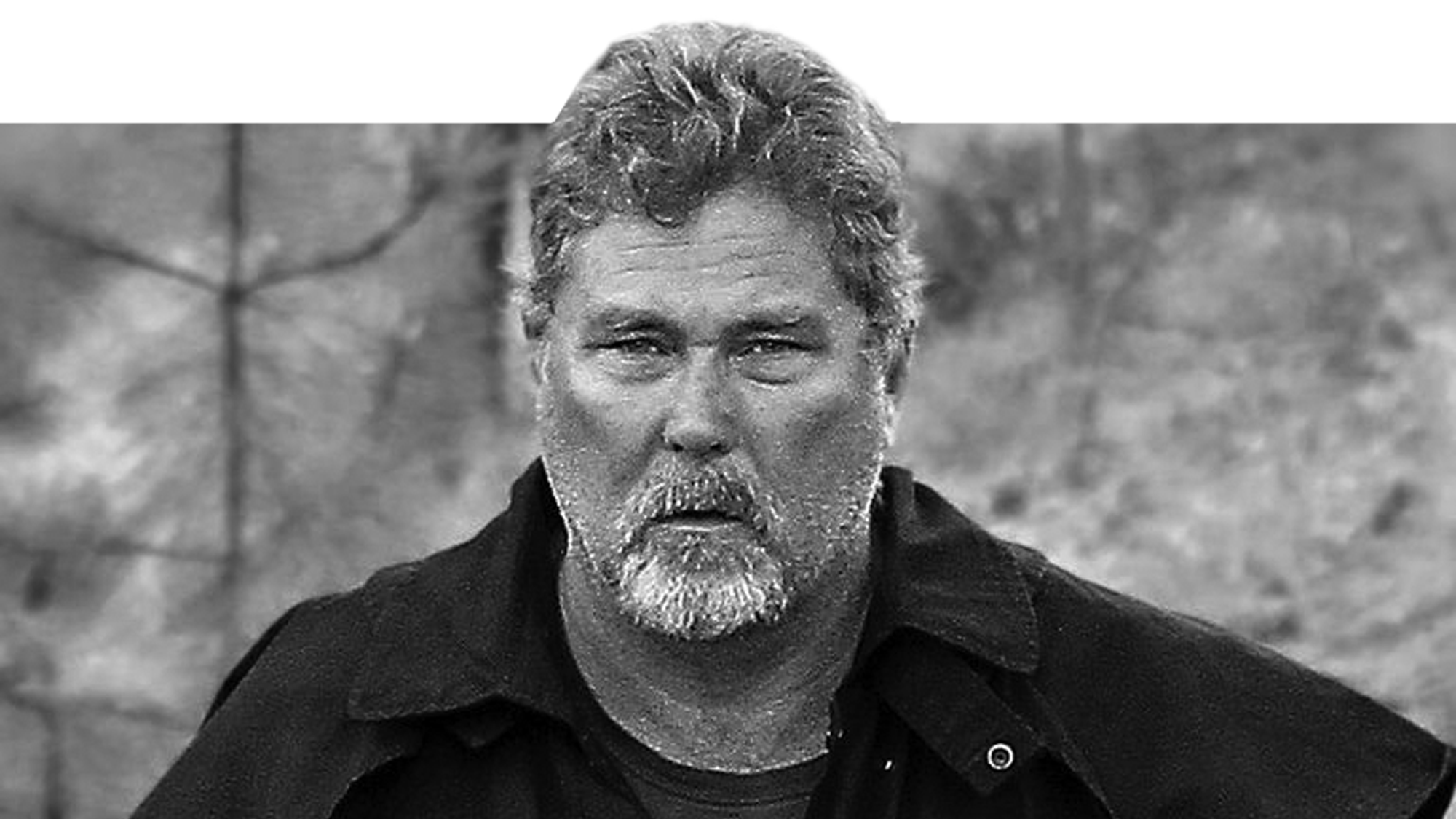Electric City is the kind of town with two bars and one restaurant, a scar of faded optimism near the Grand Coulee and the Colville Reservation in Eastern Washington. It is a real place, poised at the precipice where the West becomes booze-haunted, biblical noir. In Spokane novelist Bruce Holbert's Whiskey (MCD, 272 pages, $26), brutality is so inevitable and unpredictable there it's a form of gut-shot comedy: God fucks us all, and then comes for the children.
Half-Native brothers Andre and Smoker, the children in question, are the kind of men who trap a bear with ham on a leash to see if they can get something for it. Their father, Pork, calls at night asking Andre to shoot him dead—with comically specific instructions—while their mom, Peg, might fit "a year's living into a long weekend." When Andre, possessed "of a cloudy fury behind his eyes" since the age of 12, shoots Smoker with buckshot, he is congratulated by a passing driver.
"I am Rufus R. Jones and I have a brother I wish I'd shot in the ass a hundred times," he says. "It's a pleasure to meet a man who followed through."
The tragedy that defines that chaos is nonetheless real. Holbert's prose crosses the coal-black comedy of Charles Portis with hallucinogenic Denis Johnson, a slapstick of grim manners above a howling abyss that is always audible.

The novel is structured like a biblical fugue, its themes cycling through three different intergenerational time frames. "Genesis" is the hard-bitten story of Peg and Pork, who first bonded over a fictional beating Pork dealt to Peg's ex. "Lamentations" covers the doomed marriage of Andre, while "Exodus" is Andre and Smoker's hunt for the latter's daughter, who has been passed as chattel to a cultlike group of religious fanatics.
The beauty and waste of the Northwest is described with knife-cut lyricism. "They trekked through Oregon," Holbert writes, "swam on a green-black gloom of cedar and fir and spruce, vanished in the shadows between mountain troughs…. They avoided Portland with a bypass that spilled them into the Columbia Gorge."
Holbert is a writer known to few outside Washington, but Whiskey arrives with the report of a rifle—a major introduction to the canon of the Pacific Northwest. It is by turns the funniest book I've read in months and the one that left the deepest wounds behind. The next two books I read will both be his.
SEE IT: Bruce Holbert appears at Powell's on Hawthorne, 3723 SE Hawthorne Blvd,, powells.com, on Monday, March 19. 7:30 pm. Free.
